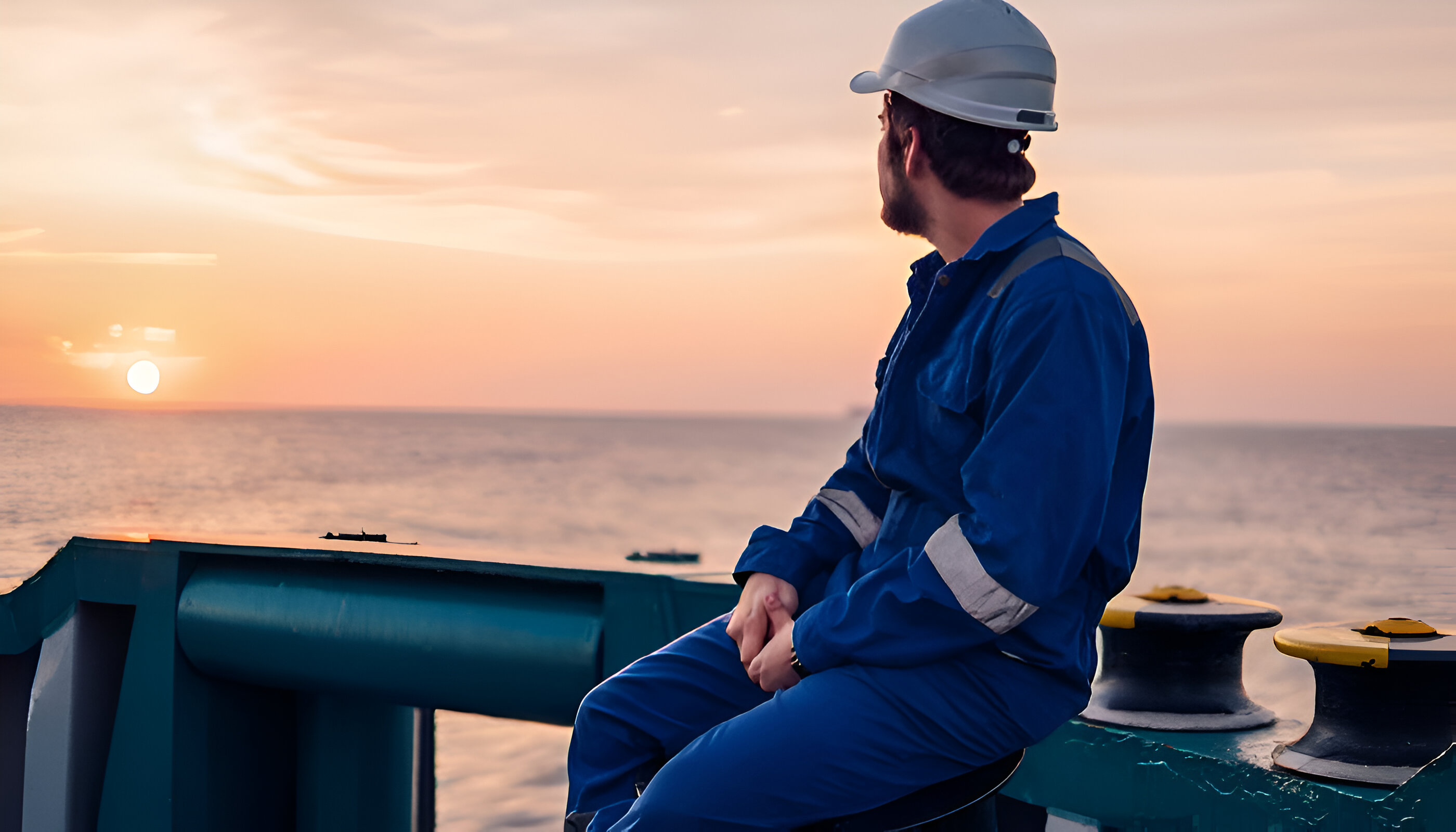Port State Control: inspections and principle of PSC
October 29, 2020 POST STATE CONTROL
“Port State Control” (PSC) is the inspection activity carried out by maritime authorities on foreign ships arriving in ports, which is aimed at ascertaining their compliance with the rules established by international maritime authorities, with reference to the safety on board of ships and during navigation.
The “Port State Control” is carried out by specific “Port State Control Nuclei” departments.
Once deficiencies have been ascertained, a ship can be authorized to leave the port only on condition that it remedies them before departure or within 14 days.
Port state control: international legislation
Port state control is concerned with verifying the compliance of ships with the minimum navigation and safety standards imposed by the international conventions of the International Maritime Organization (IMO) and the International Labor Organization (ILO).
The IMO convention provides standards regarding the rules to prevent landings at sea, ship construction and compartmentalization, as well as equipment for firefighting, plant engineering, survival and rescue (SOLAS), training and certification of maritime personnel (STCW). In addition, the IMO defines the protocols for the investigation of maritime accidents followed by the transport safety authorities of the countries signatories to the convention on international civil navigation.
There is also the international agreement for the prevention of sea pollution, better known as “Marpol 73/7”, created with the aim of minimizing the pollution of the sea deriving from marine waste, hydrocarbons and exhaust gases.
Port state control: what is Port State Control (PSC) MOU?
The checks that are carried out on ships that land in any EU port have been governed by the Directive 2009/16/Ce, relating to controls to be executed on ships landing in ports of EU countries.
Among the most important agreements is the Paris MOU, comprising rules to regulate the coordinated inspection of ships that dock at the ports of the Member States, to verify their compliance with international standards on safety, protection, environment and work.
27 European countries have joined the MOU.
The basic principle governing the MOU is that the main responsibility for compliance with the requirements established in international maritime conventions lies with the ship owner / operator. Responsibility for ensuring this compliance remains with the flag state.
Port state control: Sanctions and appeal procedure
If foreign vessels do not comply with the maritime conventions necessary to operate in international waters, the Port State Control (PSC) can stop their navigation.
During the inspection, the outstanding deficiencies capable of justifying the detention of the ship can be grouped into the following categories:
– those relating to technical safety equipment;
– those attributable to the training of on board personnel.
If there is a risk of navigation, the ship will bestopped immediately after the first inspection, regardless of the length of time the ship remains in the port.
The detention order is not lifted until the danger has been eliminated or until the authority establishes that, under certain conditions, the ship can resume its navigation or the operation can be resumed without risks on the safety and the health of passengers or crew, without danger to other ships or without posing an unreasonable threat to the marine environment.
In the presence of more than three detentions, in accordance with the provisions of the Paris MOU, the “banning” occurs, that is, the ban on entering European ports.
The owner or operator of a ship or his representative in the Member State has the right to appeal against the detention or refusal of access ordered by the competent authority. The appeal does not suspend the stop order or refusal of access.
Have you experienced a ship detention for failure to comply with the Port State Control legislation?
Many deficiencies under Port State Control inspections are found during inspections carried out by the Coast Guard in the various ports of Italy.
Many ship operators are often unprepared for an inspection of their ship. The most worrying fact is the number of outstanding deficiencies generally related to a lack of technical safety equipment or deficits in the training of on board personnel. These categories can lead to the detention of the ship.
The Arnone & Sicomo International Law Firm has a maritime and navigation law department. Our professionals actively collaborate with ship owners and ship operators so that they do not have to experience ship detention in Italian ports.
We advise the customer on Port State Control procedures in order to avoid that he incurs penalties and we take care of assisting them in any possible appeal.
We have offices in Naples, Rome, Palermo, Venice and Trento. We also have several foreign offices, such as in Luxembourg.
Source: arnonesicomo





